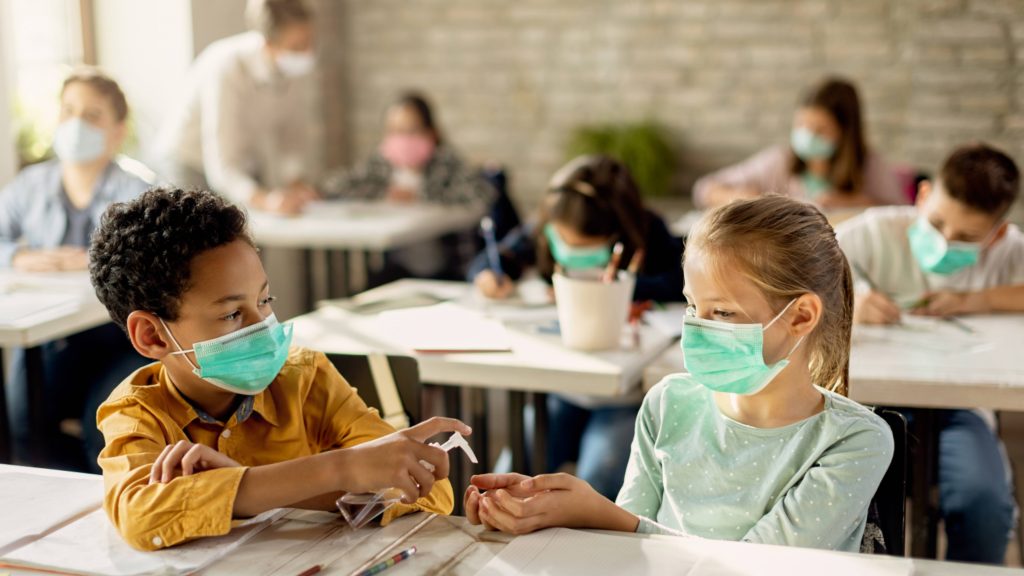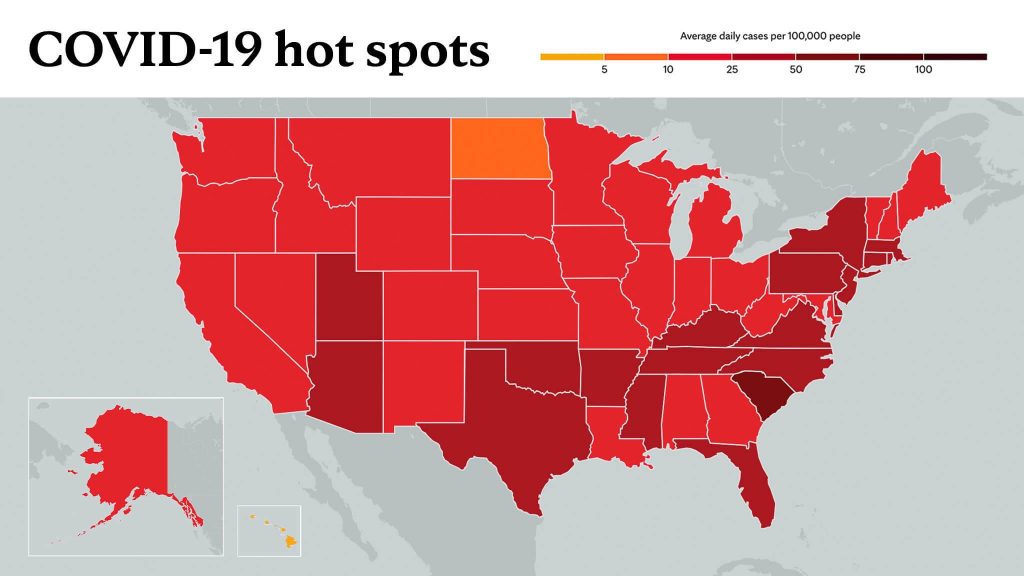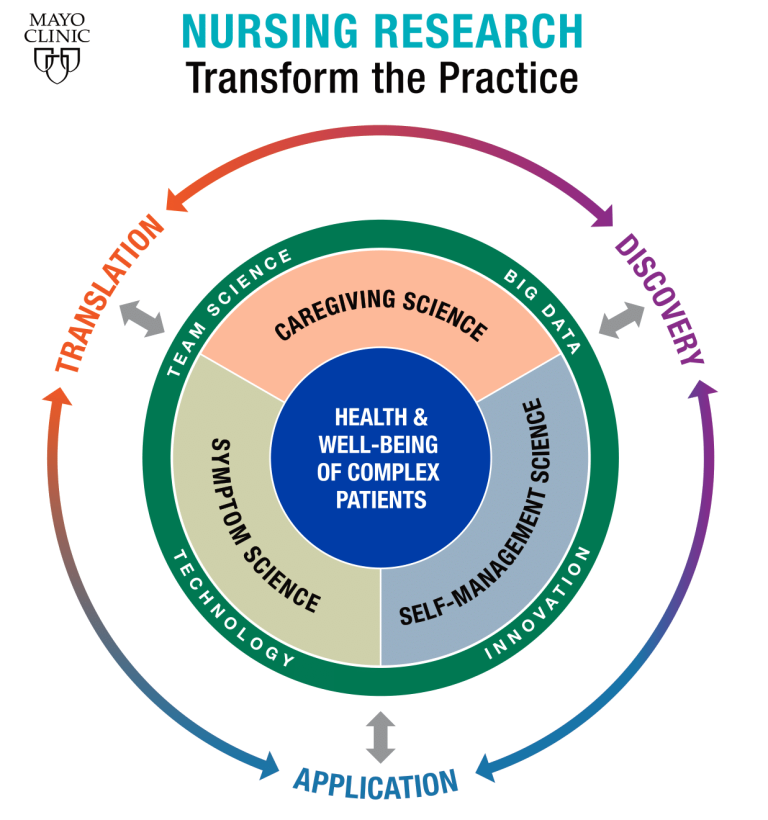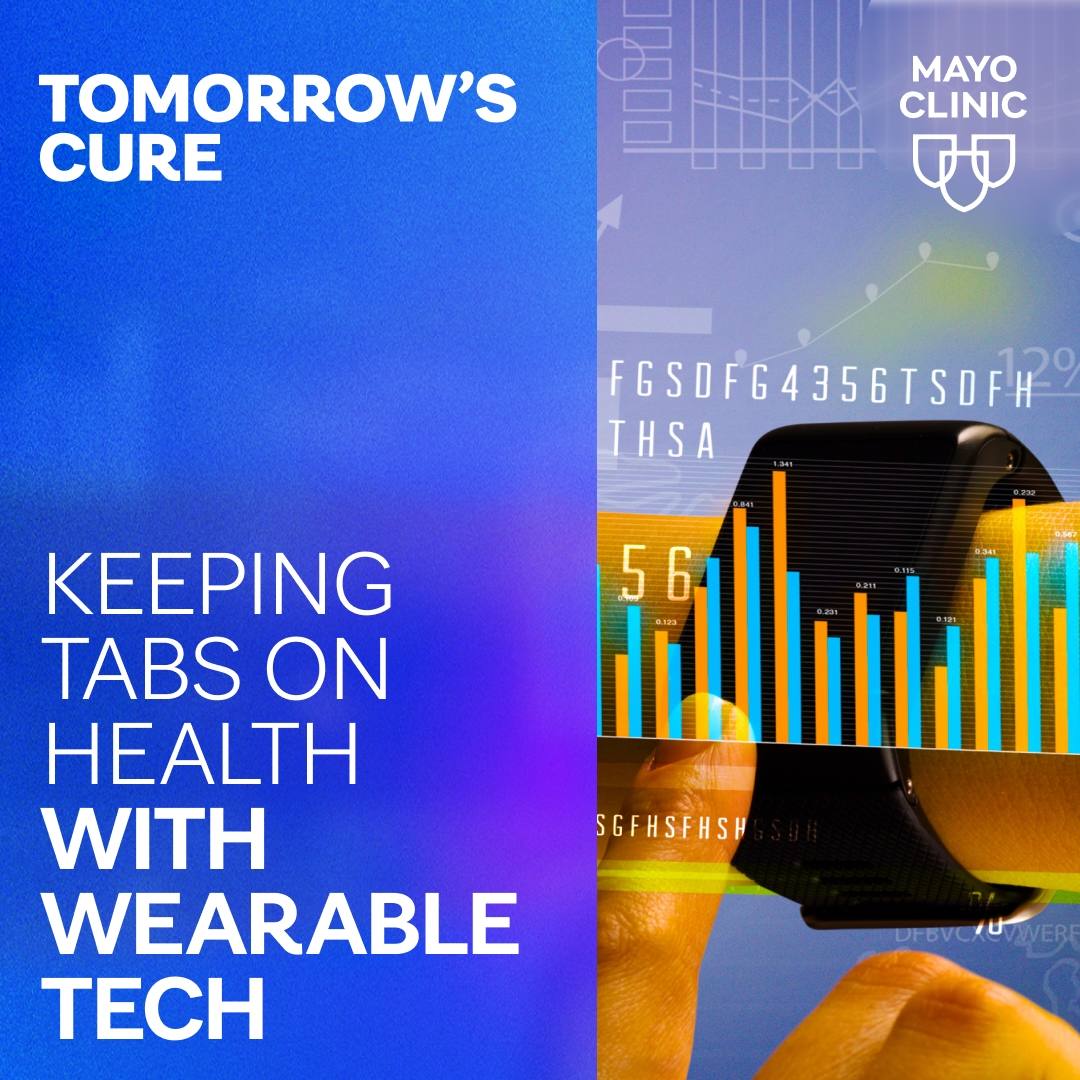
Many parents and caregivers are hoping their kids return to in-person learning. The Centers for Disease Control and Prevention (CDC) recently released highly anticipated new guidance for getting children back into a physical classroom.
Dr. Robert Jacobson, a Mayo Clinic pediatrician and vaccine researcher at Mayo Clinic Children's Center, discusses the CDC plan, when a COVID-19 vaccine will be available for kids, and the importance of children and adolescents staying up to date on other preventive care.
Journalists: Soundbites with Dr. Robert Jacobson are in the downloads at the bottom of the post. Please "Courtesy: Robert Jacobson, M.D./Pediatric and Adolescent Medicine/Mayo Clinic."
CDC guidance on schools reopening
Dr. Jacobson says the new CDC school reopening plan is building on the science of what is known about the transmission of the virus and the importance of in-person schooling for children.
"It's a balancing act. Schools really need to look locally at what is happening with the disease transmission, and we need to make sure that schools are equipped with what they need to mitigate transmission, while recognizing that children learn best in person," says Dr. Jacobson.
Advice for parents concerned about sending kids back to the classroom
"I think most families who do not have a high-risk individual in their home can feel comfortable with following the local guidance and their school board's decision about opening up their schools, and permitting hybrid or fully in-person school," says Dr. Jacobson.
According to the CDC's plan, success in preventing the introduction and transmission of COVID-19 in school closely relates to preventing transmission in the broader community. This is why Dr. Jacobson says it will be important that everyone continues to wear a mask, avoid crowding and practice social distancing.
When will a COVID-19 vaccine be available for children?
The Food and Drug Administration has authorized the emergency use of two COVID-19 vaccines in the U.S. The Pfizer-BioNTech vaccine is approved for people 16 and older, and the Moderna vaccine is approved for people 18 years and older.
While both vaccines have proven to be safe and effective in adults, the pediatric population less than 16 years of age is not yet eligible to be vaccinated for COVID-19. Dr. Jacobson says both companies are running trials to collect data to demonstrate the efficacy and safety of their vaccines for use in younger age groups. This process will take several months.
"The process takes time because we don't shoot from the hip. We don't give vaccines without the data to support that the vaccines work and are safe in that particular age group. These trials are very important," says Dr. Jacobson.
"We will have vaccines for children against COVID-19, but right now, you do your part. Make sure your children and everyone in your household are up to date on their preventive services, including all the routine non-COVID-19 vaccines they need."
Importance of staying up to date on regular immunizations for children, adolescents
A CDC advisory panel has released its annual recommendations on immunizations for children and adolescents. Dr. Jacobson says the COVID-19 pandemic should not delay preventive services, such as immunizations that children need.
"Health care organizations around the country have done what they can with social distancing, avoiding crowding, hand-washing and masking to make sure that your children can get the preventive care they need, including the vaccines that they need. We can't afford to have a measles outbreak on top of this pandemic because we had an entire birth cohort go without their first-year MMR (measles, mumps and rubella) vaccine. We need everyone to do what they can to keep their preventive care up to date, including all of the vaccines needed," says Dr. Jacobson.
___________________________________________
For the safety of its patients, staff and visitors, Mayo Clinic has strict masking policies in place. Anyone shown without a mask was either recorded prior to COVID-19 or recorded in a nonpatient care area where social distancing and other safety protocols were followed.
Information in this post was accurate at the time of its posting. Due to the fluid nature of the COVID-19 pandemic, scientific understanding, along with guidelines and recommendations, may have changed since the original publication date.
For more information and all your COVID-19 coverage, go to the Mayo Clinic News Network and mayoclinic.org.
Learn more about tracking COVID-19 and COVID-19 trends.








